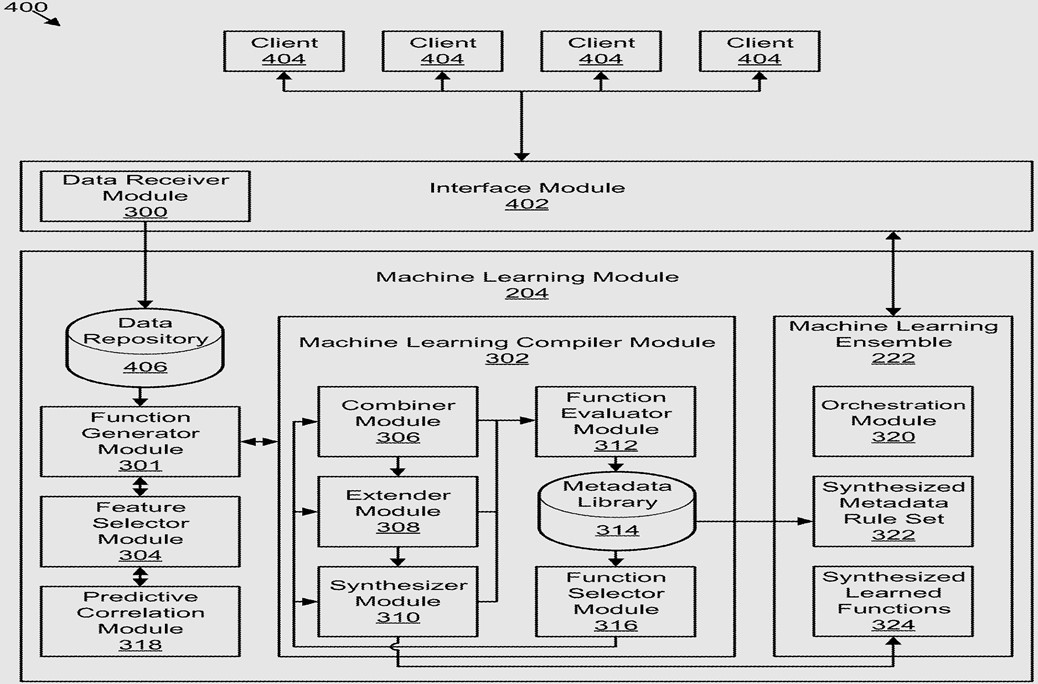

This steel manufacturing case study realized the impact that machine learning has when defects are identified earlier in the process – less waste and ability to identify possible causes of the defects. Machine learning, however, allows algorithms to visually inspect products and identify flaws more quickly. Scanning for misaligned labels, off-colors, shine levels, and even cracks is fairly simple for a human but very difficult for a machine. If weight or shape is the main quality factor, it’s far easier for a machine task. Quality control is often done by humans because it’s usually visual. What does that difference add up to?įorbes found that machine learning increased defect detection rates by up to 90%. Our senses and attention span simply have natural limits far below what machine sensors can offer. This led them to take the Toyota Manufacturing Technique and implement it in many of their factories.Įven when advanced manufacturing techniques are implemented, using humans to spot defects and errors is inherently limiting. In a real world example, quality control was crippling GM throughout the 1970s. This is overwhelming and exhausting work, and you probably wonder how anyone can maintain the focus necessary to find small flaws for hours at a time. You’ve likely seen plenty of clips showing workers sifting through products whizzing by on an assembly line, looking for flaws. To better understand the potential and how you can harness it for your business, we’ve highlighted 6 key ways that machine learning will impact manufacturing in 2019. Still, there are plenty more gains to be realized. The proven impact of machine learning models has pushed more investment toward their development Ultimately, the biggest shift has been from a world where the business impact of machine learning has been largely theoretical to one where it is now quite real. Machine Learning Is Revolutionizing Manufacturing in 2019 Yet, when implemented, machine learning can have a massive impact on companies’ bottom lines. In fact, a 2017 survey by PWC found that only around half of all companies were already using it.
#MACHINE LEARNING FACTORY FULL#
While robotics has made significant impact for decades now, machine learning (ML) is just starting to realize its full potential. In particular, robotics has revolutionized manufacturing, allowing for greater output from fewer workers. From the first harnessing of economies of scale to the introduction of the assembly line, the search for new efficiencies has always been at the heart of manufacturing. Today, the greatest new gains come from the innovative combination of hardware and software.


 0 kommentar(er)
0 kommentar(er)
